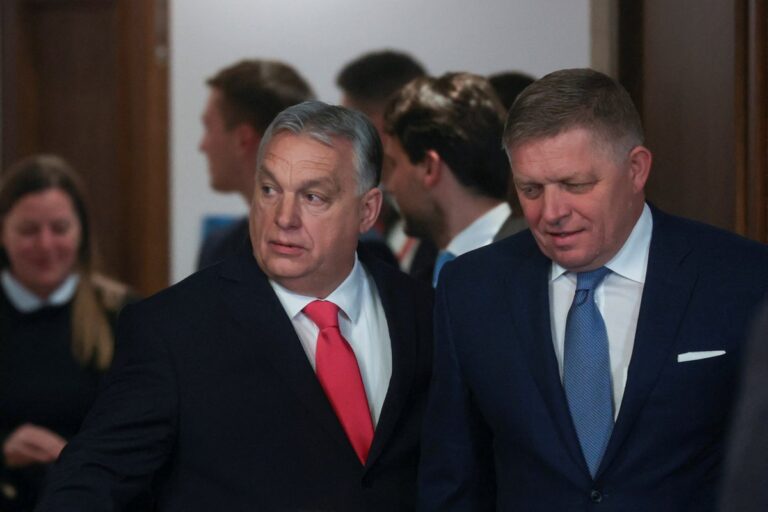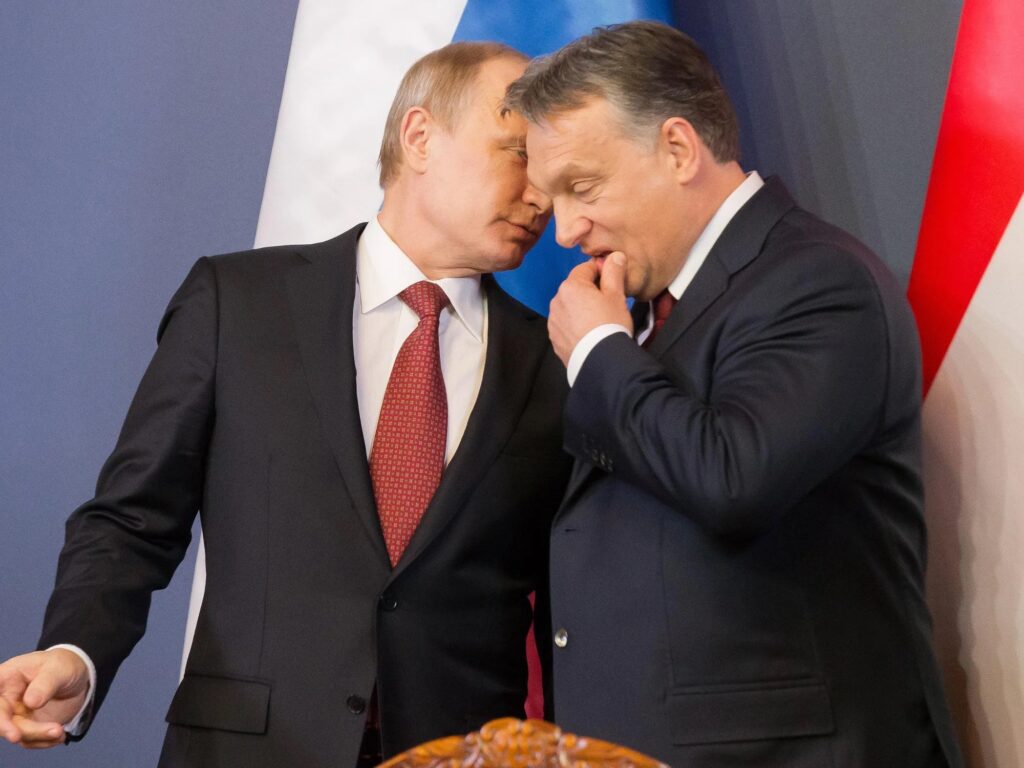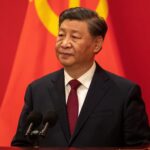Hungarian Prime Minister Viktor Orbán is approaching his re-election campaign, scheduled for April 2026, as the leader who has brought Hungary to the brink of losing its European Union membership through excessively close and corrupt relations with Russia, and a government team saturated with Moscow’s agents of influence — including the foreign minister.
We are convinced that Hungary’s current problems stem primarily from the actions of Foreign Minister Péter Szijjártó, who has placed Orbán’s personal interest in power and profit from trade with Russia above the national interest. He also bears responsibility for the crisis within the European Union caused by the erosion of Europe’s “single voice” in foreign policy and the devaluation of the EU’s core values — democracy, human rights, and civil liberties.
Article 7 Proceedings and Growing EU Frustration
On October 21, 2025, Danish Minister for European Affairs Marie Bjerre and Croatian Deputy Foreign Minister Andrea Metelko-Zgombić confirmed that, at a meeting of the EU General Affairs Council in Luxembourg, member states will discuss suspending Hungary’s voting rights in the Council of the EU.
Across the EU, frustration is growing over Hungary’s continued failure to meet its obligations and its lack of response to core rule-of-law challenges. Hungary is currently the only EU country blocking the opening of accession negotiation clusters with Ukraine and consistently obstructing EU military assistance to Kyiv.
Metelko-Zgombić expressed hope that “we will hear new ideas about how to move forward — and we will certainly encourage Hungary to make progress.”
Authoritarian Drift and Kremlin Narratives
During fifteen years of Orbán’s rule, Hungary has witnessed:
- the consolidation of authoritarian power,
- violations of human rights,
- erosion of judicial independence and media freedom, and
- systemic corruption.
Strengthening his grip on power, Orbán employs anti-Brussels rhetoric, claiming to defend national sovereignty, denouncing the EU’s “liberal policies,” and calling for the expulsion of “Soros agents” from the European Commission.
In doing so, he injects Kremlin narratives directly into the European Union.
Blocking Ukraine’s EU Accession as Political Leverage
Orbán’s government continues to block the launch of Ukraine’s EU accession negotiations, particularly the opening of the first negotiation cluster, exploiting the EU unanimity principle in decision-making.
Budapest argues that Ukraine’s membership could pose financial risks to the EU’s economy. Yet Ukraine has fulfilled its obligations, and most EU states are pressing Hungary to lift its veto.
Orbán uses the issue as a dual instrument:
- externally, to pressure Brussels into unfreezing billions of euros in suspended funds;
- internally, to stir anti-Ukrainian sentiment, mobilize nationalist voters, and weaken the opposition party TISZA, whose ratings now surpass those of his ruling Fidesz.
EU Response: Reforming Enlargement and Restricting Veto Power
To make Orbán’s position less obstructive, the EU is now discussing a new enlargement model, under which new members would initially lack full voting rights until institutional reforms are completed — reducing the risk of future veto abuse.
Hungary’s conduct undermines EU unity at a time of crisis and strengthens suspicions that Budapest is coordinating its actions with Moscow.
Orbán’s policy fractures the EU’s common stance on Russia’s war against Ukraine, weakens sanctions cohesion, and damages trust among member states — ultimately serving the Kremlin’s objective of dividing Europe from within.
Danish EU Presidency and Article 7 Enforcement
Since July 1, 2025, Denmark has held the EU Council Presidency, actively advancing the invocation of Article 7 of the Treaty on European Union against Hungary.
Article 7 allows the EU to suspend the voting rights of any member state that seriously violates the Union’s fundamental values — democracy, rule of law, and human rights.
Although the process against Hungary began back in 2018, many EU capitals long resisted pursuing it, fearing the political consequences. Yet Orbán’s repeated use of the veto has increased frustration and the number of governments ready to vote for Article 7 measures.
The success of this procedure will depend on shared political will among EU leaders.
Failure to act would risk transforming the EU into an organization without effective mechanisms to discipline members that undermine unity from within.
The final decision on Hungary will serve as a test of the EU’s capacity to defend its own values — and to demonstrate that the rule of law applies equally to all members, without exception.
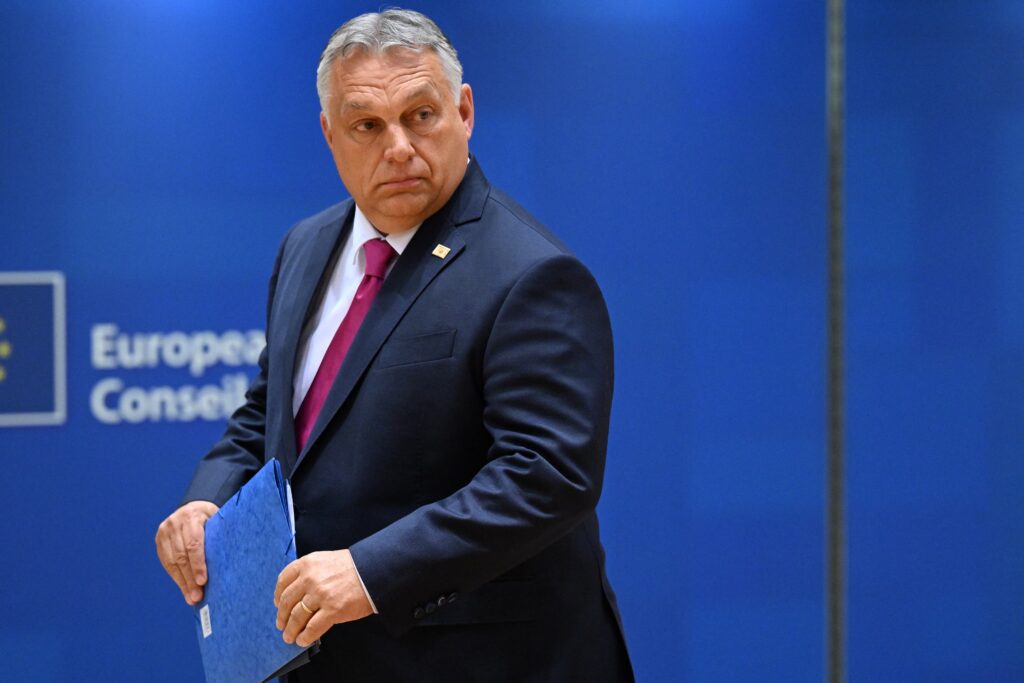
More on this story: Hungary’s Espionage Against EU Institutions:

More on this story: Hungary: Trojan Horse in Russia’s Proxy War Against Europe
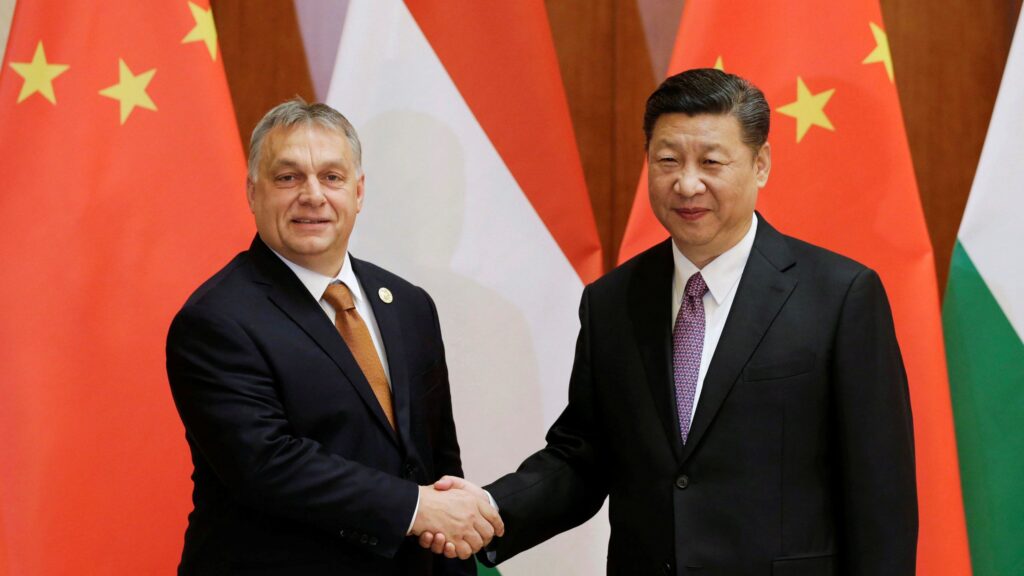
More on this story: Hungary plays as China’s bat to kick the US out of the EU economy
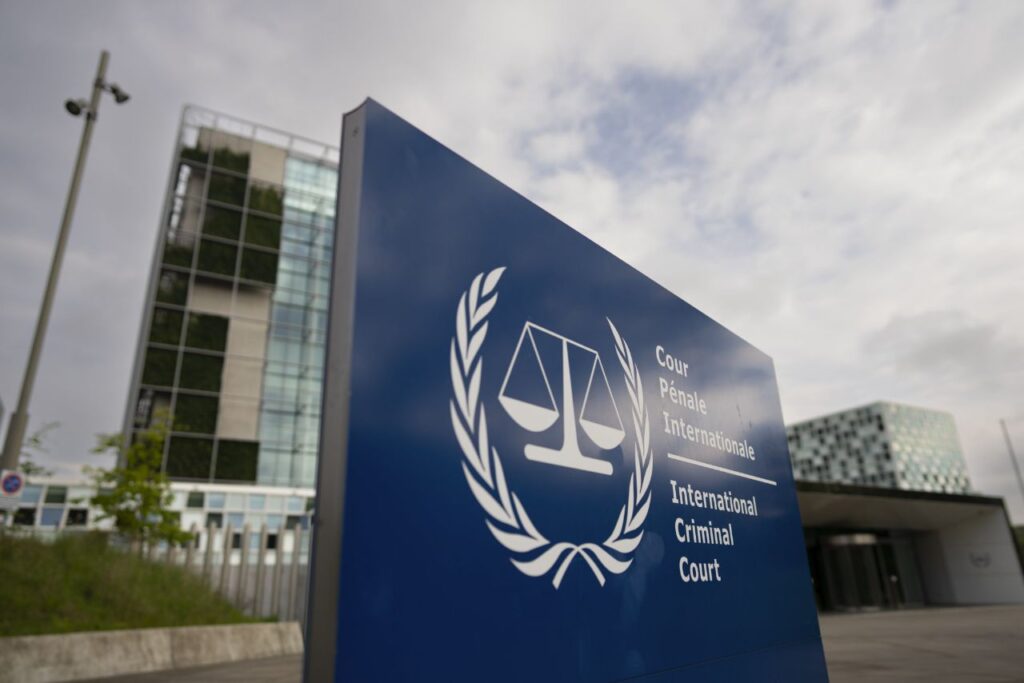
More on this story: Hungary and the ICC: A Test Case for Europe’s Rule-of-Law Commitments
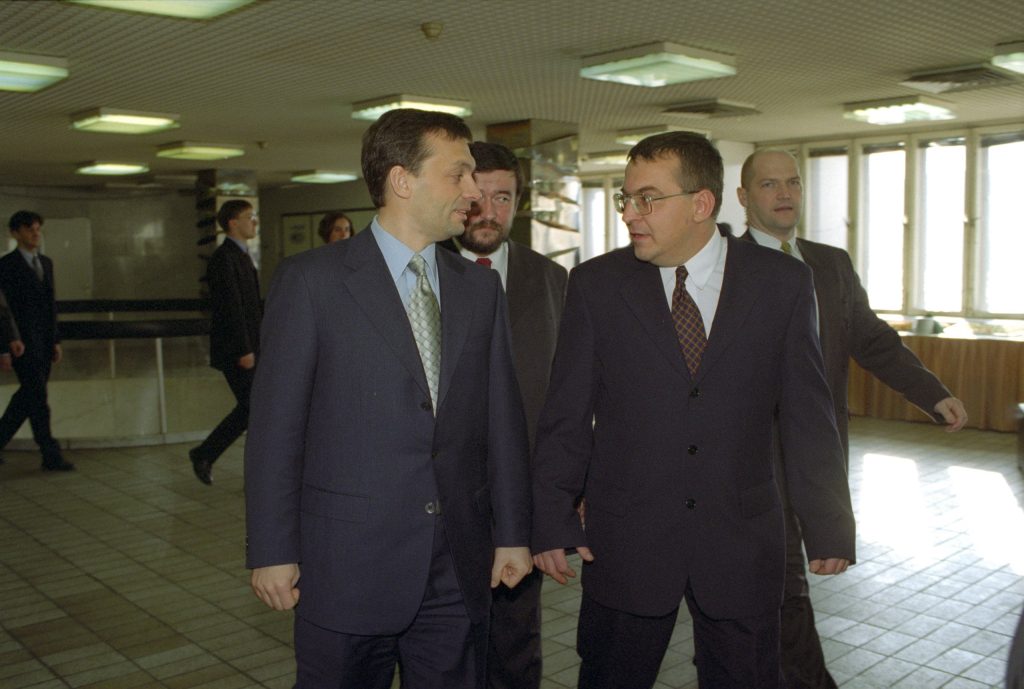
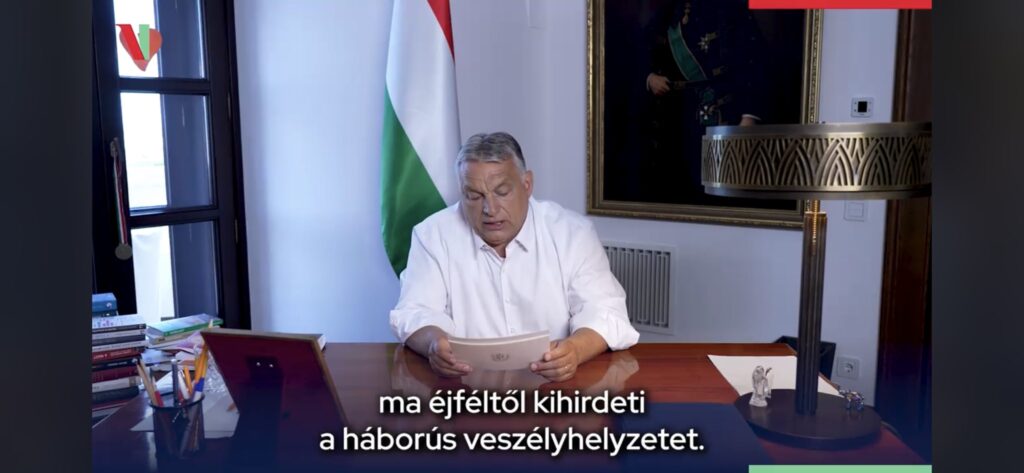
More on this story: Hungary’s Balancing Act: Strategic Risks of Budapest’s Covert Ties with Russia


